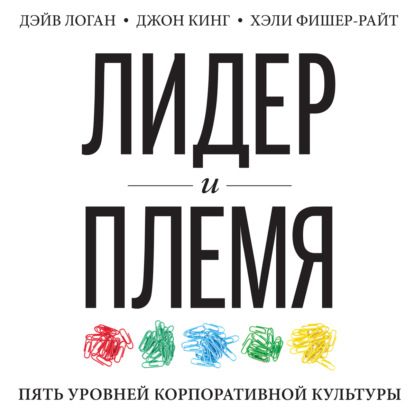Classical Judaism imagined the people Israel"s situation as unique among the nations of the earth in three aspects. The nations lived in unclean lands contaminated by corpses and redolent of death. They were destined to die without hope of renewed life after the grave. They were prisoners of secular time, subject to the movement and laws of history in its inexorable logic. Heaven did not pay attention to what they did and did not care about their conduct, so long as they observed the basic decencies mandated by the commandments that applied to the heirs of Noah, seven fundamental rules in all. By contrast, the Israel contemplated by Rabbinic Judaism lives in sacred space and in enchanted time, all the while subject to the constant surveillance of an eye that sees all, an ear that hears all, and a sentient being that recalls all. God yearned for Israel"s love and constantly contemplated its conduct. The world imagined by the Rabbis situated Israel in an enchanted kingdom, a never-neverland, and conceived of God as omniscient and ubiquitous. Jacob Neusner is Distinguished Service Professor of History and Theology of Judaism and Senior Fellow, Institute of Advanced Theology at Bard College. Dr. Neusner is the author of numerous articles and books on Rabbinical Judaism, has been awarded nine honorary degrees, and holds fourteen academic medals and prizes. Это и многое другое вы найдете в книге Theological and Philosophical Premses of Judaism (Jacob Neusner)
Theological and Philosophical Premses of Judaism Jacob Neusner (книга)
Подробная информация о книге «Theological and Philosophical Premses of Judaism Jacob Neusner». Сайт не предоставляет возможности читать онлайн или скачать бесплатно книгу «Theological and Philosophical Premses of Judaism Jacob Neusner»















